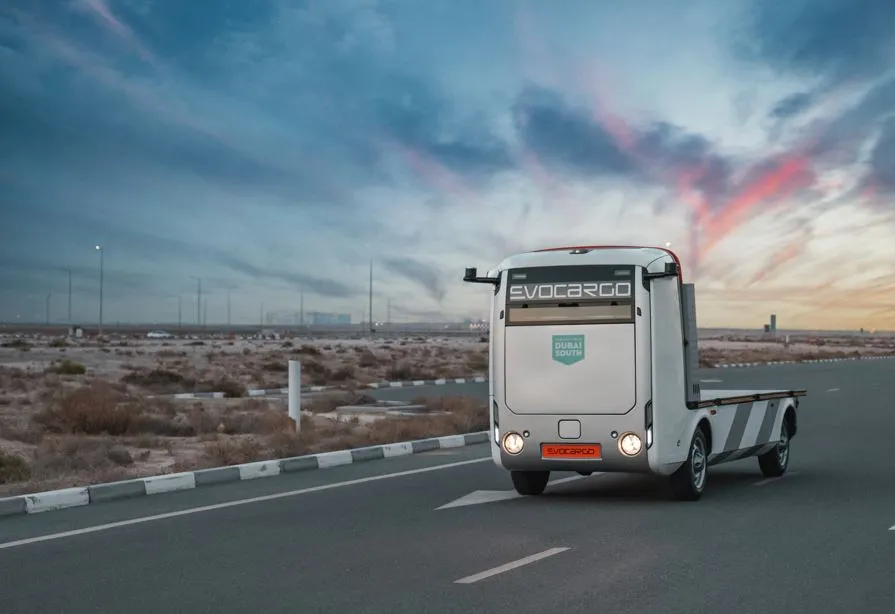Silent Roadstar uses magnetic pellets on the road for autonomous navigation and can travel in both directions. It runs at 40km per hour and can carry 24 passengers.
These Group Rapid Transits (GRTs) will be tested in a few phases that are scheduled to start around the last quarter of 2018. The vehicles are expected to transport 200 to 300 passengers per day to NTU’s halls of residences with the main academic area.
Additionally, the partnership will conduct research to improve AV technologies such as increasing the use of artificial intelligence, developing advanced sensors and sensor fusion algorithms and improving fleet management technologies.
The trial will be expanded campus-wide and run alongside other AVs that have been undergoing tests since 2012.
Subra Suresh, NTU president professor, said: “NTU’s campus is not only a living testbed for innovative technologies, but also the first to test driverless vehicles on Singapore roads. Autonomous vehicles are an integral part of the NTU Smart Campus vision, which leverages tech-enabled solutions to create better living and learning experiences. This new collaboration with SMRT and 2getthere highlights our goal of developing cutting-edge transport solutions that will benefit Singapore and beyond.”
2getthere enters partnership to trial AVs at NTU smart campus
2getthere’s Silent Roadstar autonomous vehicles (AVs) will run on the Nanyang Technological University’s (NTU’s) Smart Campus by 2019 as part of a partnership which also includes SMRT Services. The project intends to develop transport that will benefit the NTU community and society. Silent Roadstar uses magnetic pellets on the road for autonomous navigation and can travel in both directions. It runs at 40km per hour and can carry 24 passengers. These Group Rapid Transits (GRTs) will be tested in a few
April 20, 2018
Read time: 2 mins









